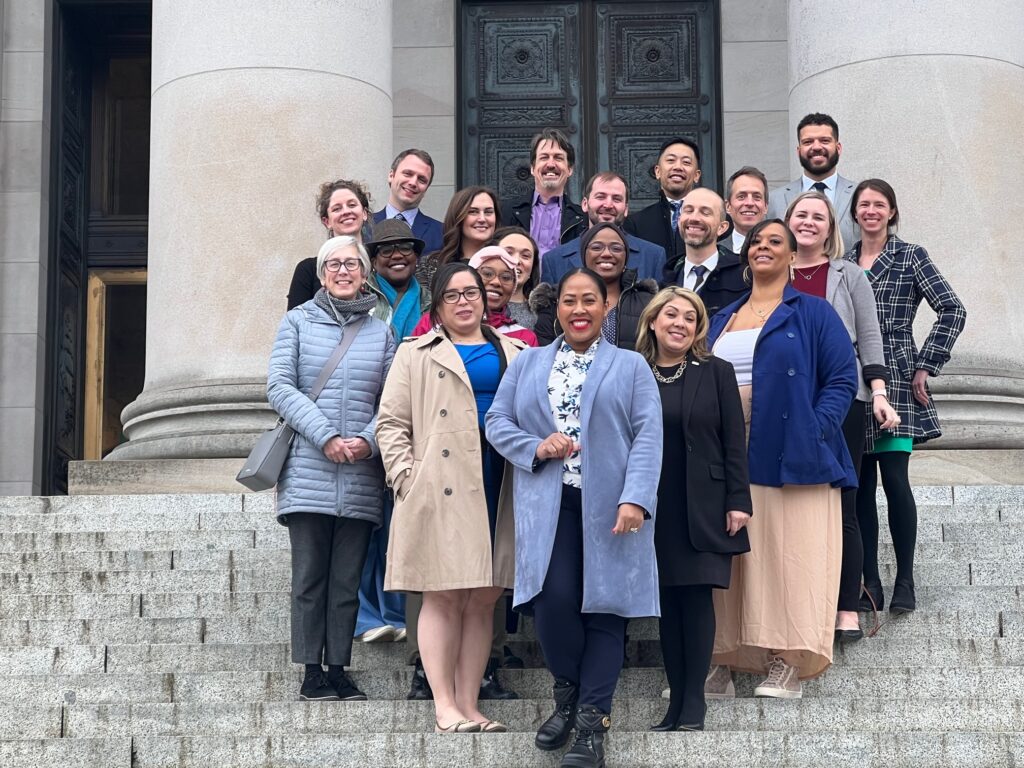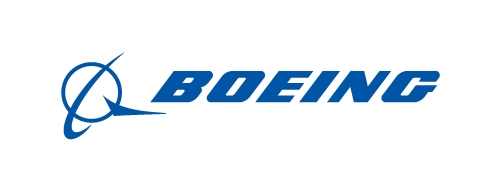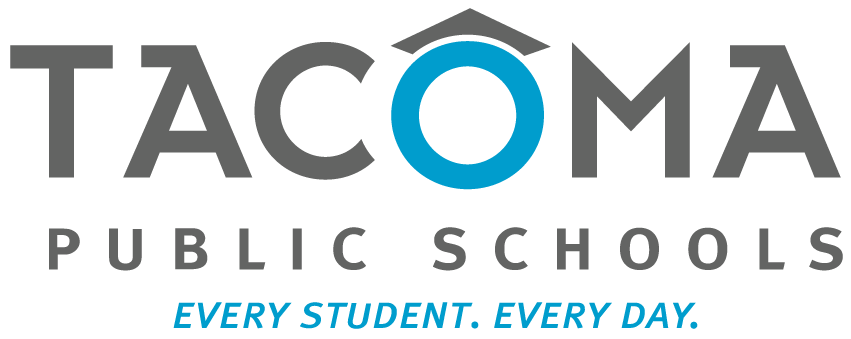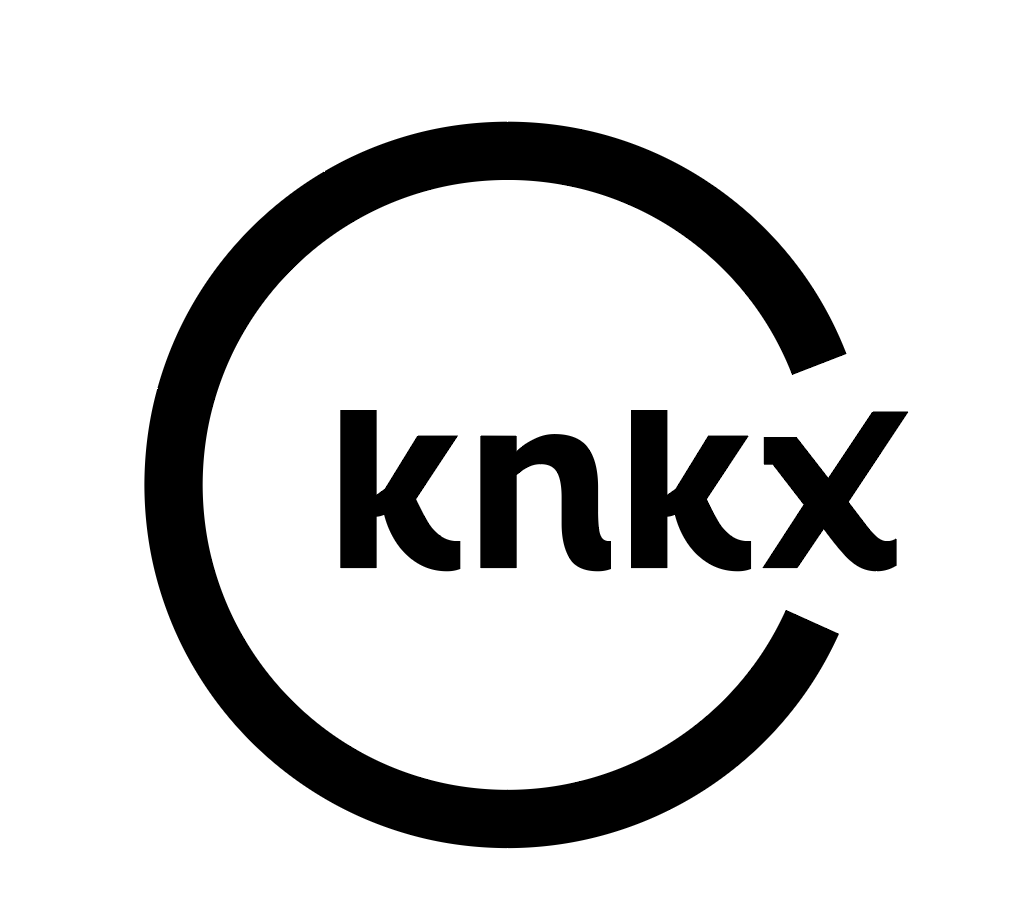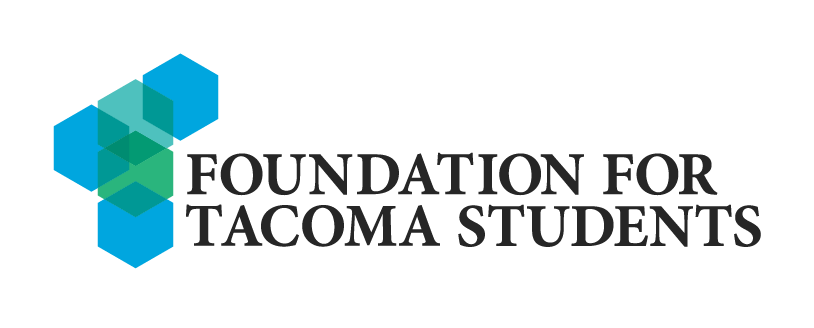On January 31, the Foundation for Tacoma Students, along with our colleagues at Washington STEM, traveled to Olympia with staff and partners for our annual Advocacy Day. We seized this opportunity to advocate for specific bills and budget items that align with our Policy Platform and that the legislative session is currently considering. Our focus was on policies that help K-12 students navigate their options post-high school graduation and invest in supports to help them ultimately earn a postsecondary credential.
Advocacy Day always provides us with the opportunity to improve our approach to advocating for policy changes. Not surpringly, persuading skeptics is often challenging and requires pitching policy ideas in a compelling and tailored way that appeals to the individual you’re speaking with.
For example, there’s been a lot of momentum in the last year built around providing free school meals on a universal basis, regardless of household income. Many reasons support the implementation of this policy, including that it would benefit middle-class families who are currently not eligible, and reduce the burden of income verification requirements for lower-income families. It would also reduce the stigma associated with receiving free school meals. Additionally, research indicates that the policy positively affects school attendance, discipline, and academic outcomes for an entire school building.
While one lawmaker may prioriize reducing stigmas, another may require evidence of positive effects on school attendance. It’s important to understand the motivations of the person you want to persuade and customize your arguments to resonate with them.
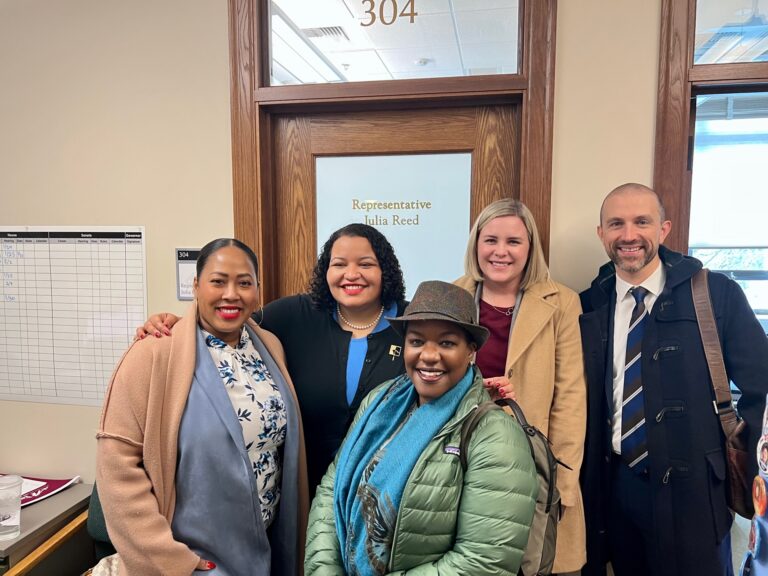
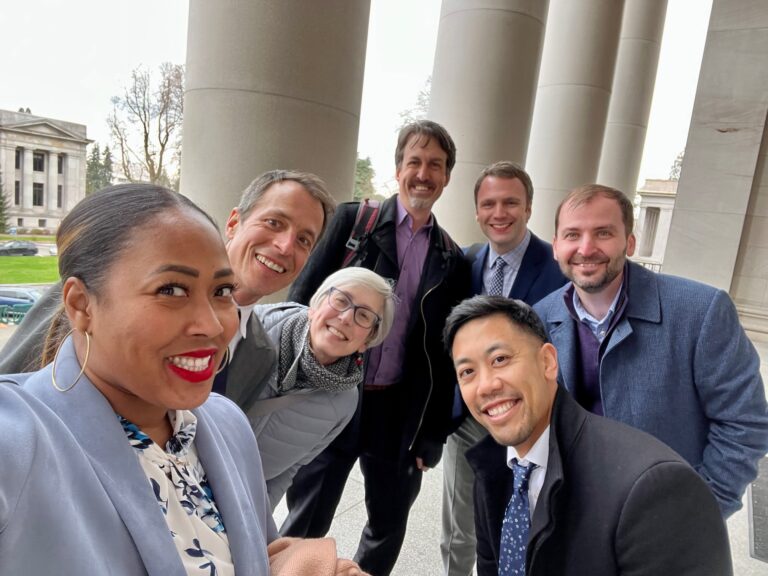
State legislators and their staff are diligent workers but have a lot on their plates. Given the part-time nature of our legislature, lawmakers face the challenge of managing a substantial amount of policy and budget work in a condensed time frame. However, if an organization or a local university with a robust lobbying operation exists, they can propose a well-crafted policy that satisfies the needs of different stakeholders.
FFTS and our High School Success Coalition colleagues recently collaborated on a minor-scale version of this by working with a lawmaker to modify Senate Bill 5248 to more effectively meet the lawmakers objectives.
There is a positive contribution that can be made in helping with the composition of legislative language. These approaches share the common ground that they are reliant on a thorough understanding of the policy aspects of the issue at hand.
Our tailored messaging around universal free school meals can only be effective if we have a comprehensive understanding of how the benefits outweigh the costs of the policy. Convincing lawmakers to explore universal FAFSA policies necessitate a great deal of familiarity with the subject matter. Assisting with bill writing requires us to understand the complexities and tradeoffs embedded in policy design. Merely presenting significant ideas without a sound comprehension of the details would render the idea vulnerable to scrutiny and subsequently decrease the likelihood of success.
Effective policy advocacy requires a deep understanding of the policy issues at hand, along with careful consideration of the motivations and perspectives of key decision makers. Successful advocates are skilled at tailoring their messaging to resonate with their intended audience, whether by highlighting compelling research, making connections to similar policy efforts in other states, or providing critical assistance in bill writing.
Our participation in Advocacy Day provides a valuable example of the strategies and approaches that can be used to create policy changes that benefit students and families across the state. By taking a thoughtful and informed approach to advocacy, we can work towards creating a more equitable and just society.

